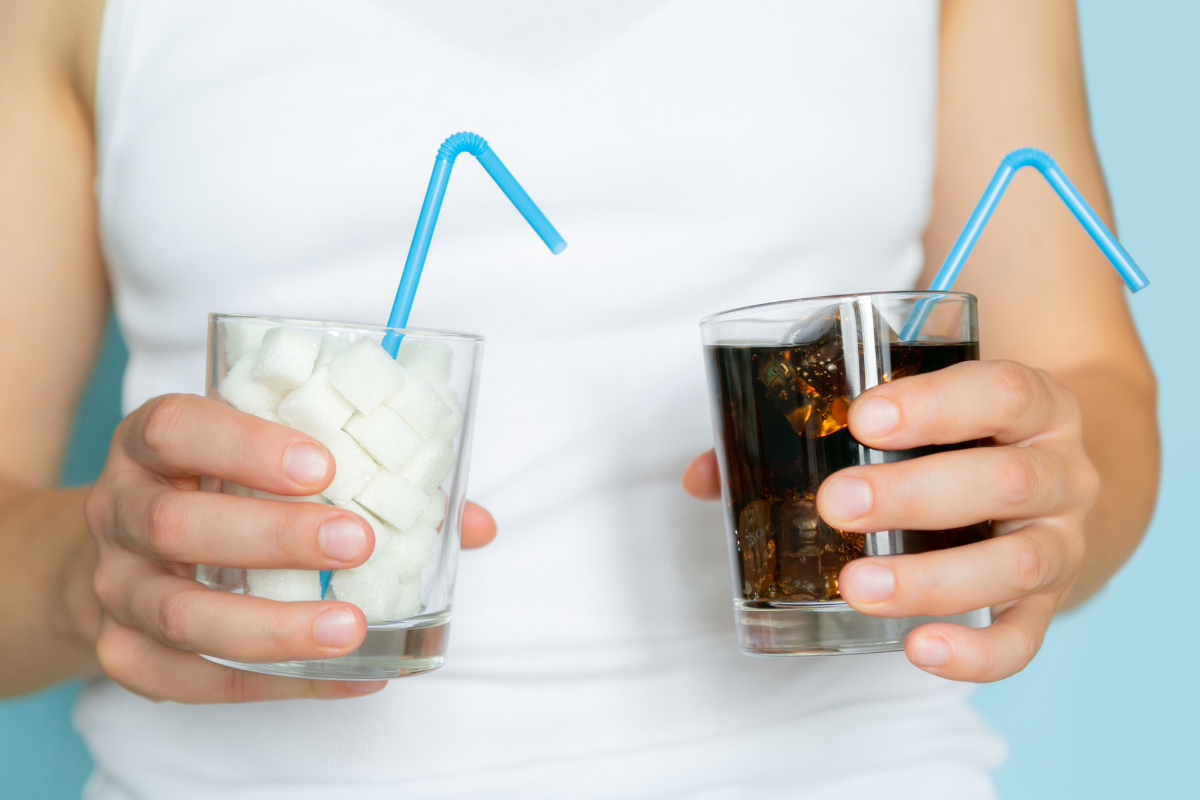Research indicates that just one day of Healthy Sleeping and Good Nutrition eating foods low in fiber but high in unhealthy saturated fat and sugar can result in reduced duration of slow-wave sleep, often referred to as “deep sleep,” which is the stage of sleep that restores physical and mental energy plus much more.
Healthy Sleeping and Good Nutrition: leads to healthy sleeping.
A diet low in fiber and high in saturated fats could take a toll on your sleep by decreasing the amount of deep, slow-wave sleep that you get during the night. Meanwhile, eating too much sugar could result in more midnight wake-ups. On the other hand, a healthy balanced diet that’s high in fiber and low in added sugars could help you to drift off faster, and log as many as two extra hours of sleep a week.
Diet-induced heartburn can keep you up at night.
Anyone who has suffered from gastroesophageal reflux (GERD) knows just how miserable it can be to go to bed with heartburn. In fact, people with nighttime heartburn are more likely to have sleep problems and disorders like insomnia, sleep apnea, restless legs syndrome, and daytime sleepiness. Luckily, the right diet can make a difference. Steer clear of large fried or high-fat meals, spicy foods, alcohol, and soda—especially close to bedtime. Your sleep—and your waistline—will thank you.
The best diet for sleep is also good for your total health.
Healthy Sleeping and Good Nutrition for your best night’s sleep, strive to eat a balanced diet that emphasizes fresh fruits, vegetables, whole grains, and low-fat proteins that are rich in B vitamins, like fish, poultry, meat, eggs, and dairy. B vitamins may help to regulate melatonin, a hormone that regulates your sleep cycles.
Losing weight can lead to better sleep
Eating well is the first step to losing weight. And that can pay dividends when it comes to your sleep. A reduction in body fat, especially around your midsection, makes you less likely to struggle with sleep problems like sleep apnea, restlessness, or insomnia, and less likely to fight sleepiness during the day.
Before reaching for the sleeping pills, try looking around your kitchen. These nutritionist-backed approaches may help you fall — and stay — asleep
- Walnuts contain their own form of melatonin, a hormone that helps our bodies regulate a healthy sleep-wake cycle. Try snacking on a small handful about 20 minutes before bed to help you relax and reach a deeper state of restful sleep.
- When we fall asleep, levels of serotonin rise and adrenaline levels fall. Serotonin, the relaxing hormone, is partly made from the amino acid tryptophan, which is activated by vitamin B6. Vitamin B6 is found in a wide variety of foods such fortified breakfast cereals, potatoes, fish, chicken, bananas, beans, peanut butter, and many vegetables
- Bananas help fight insomnia in three powerful ways. They are packed with magnesium, serotonin, and melatonin, which all help promote sleep in their own way. Melatonin helps to naturally regulate your body’s sleep-wake cycle.
- Basil plant actually contains sedative properties, which can help you fall asleep and stay asleep. And as a bonus, it not only helps promote sleep, but is great for reducing indigestion, which is itself a major sleep-interrupter.
- Food high in magnesium. Up your intake of foods like seeds, nuts and leafy greens for a better night’s sleep, since research has shown that even a slight lack of this mineral can prevent your brain from ‘turning off’ at night. A supplementation of 500mg of magnesium appears to improve insomnia in the elderly — in food terms, that’s about ½ cup of pumpkin seeds and 1 cup of cooked leafy greens daily.”
- Enjoying a small and nutritious snack could help you fall and stay asleep. “Getting in a small snack an hour before bed helps to stabilize blood sugars. When blood sugar is low, or even too high, we become anxious and irritable, which will not promote sleep. Make sure you steer clear of anything greasy, fried, caffeinated or sugar-laden. Have an apple with a tablespoon of nut butter or half a banana with four crushed walnuts.
- Milk may help control melatonin production since it is a great source of calcium, a mineral that plays a role in the regulation of melatonin in the body. Milk is also rich in the amino acid tryptophan which has a calming effect on the body.
- You can add a pinch of nutmeg into your milk
- You can also add some crushed almonds(blanched is better), a pinch of nutmeg, and a pinch of cardamom.
- A mug of chamomile tea.
- A bowlful of cherries can also help send you off to good sleep. Cherries are one of the few natural foods that contain melatonin. Melatonin is a hormone produced by the pineal gland in the brain.
- Add one teaspoon of Brahmi and Ashwagandha powder in two glasses of water. Boil them and then reduce it to one glass and drink it daily at least once for best results.
Active compounds of licorice can also help you find your way out of the sleep woes, as per Ayurveda. Have one teaspoon of licorice root powder with a glass of cold milk every morning on an empty stomach.




